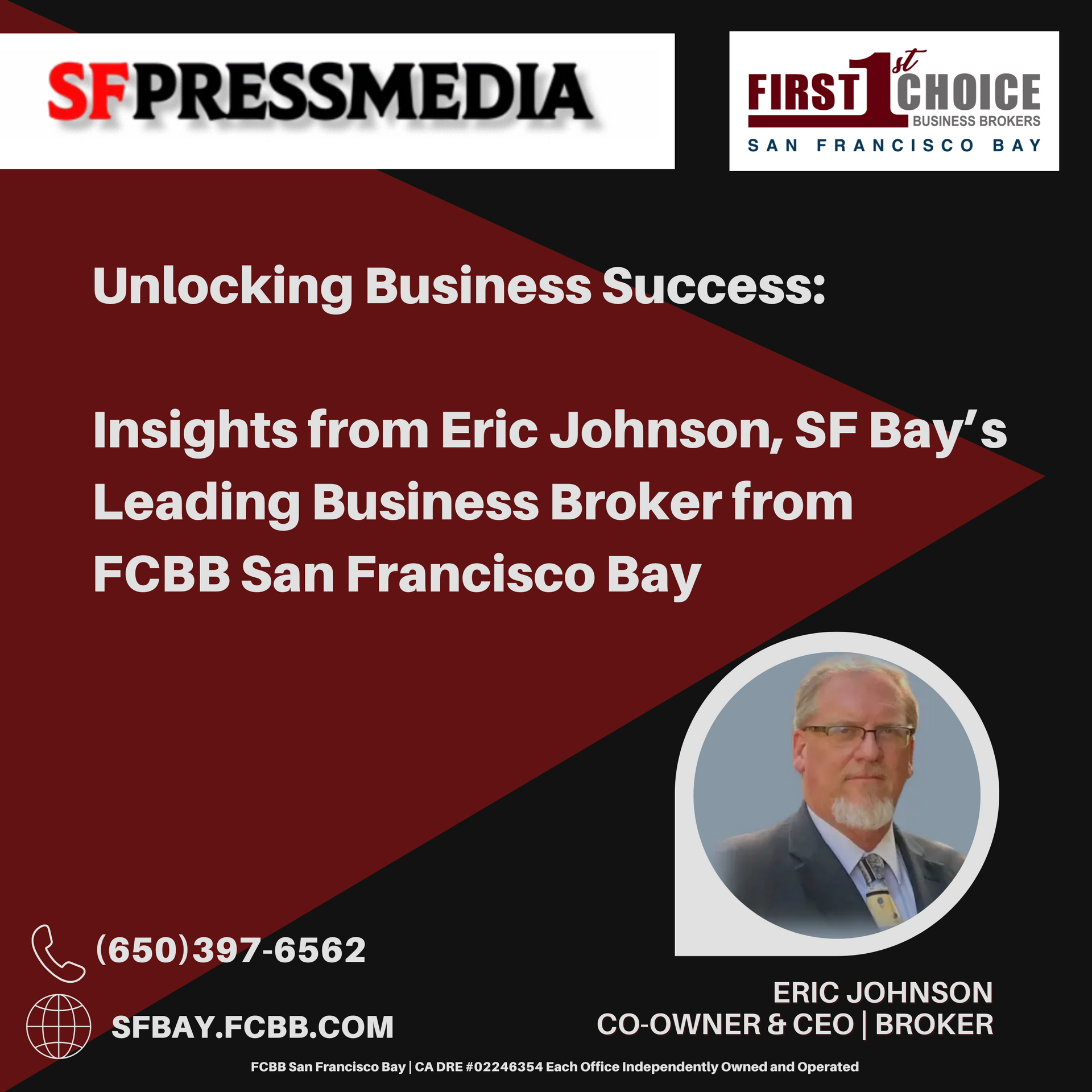Building the Perfect Acquisition Team: Essential Roles for a Successful Business Purchase
When buying a business, assembling a skilled acquisition team is critical to ensure a smooth and successful transaction. Each professional brings unique expertise to the table, helping you navigate the complexities of the process. In this article, we’ll explore the essential roles of a business broker, lender, lawyer, and CPA in your acquisition team, and how they can make a significant difference in the outcome of your business purchase.
The Business Broker: Your Guide to the Market
A
business broker plays a pivotal role in helping you find the right business to buy. They act as intermediaries between buyers and sellers, using their industry knowledge and networks to match you with opportunities that fit your criteria.
Key Responsibilities of a Business Broker:
- Identifying Opportunities: A business broker can help you identify businesses for sale that align with your goals, whether you're looking for a specific industry, location, or size.
- Valuation: They assist in evaluating the value of a business by analyzing financial statements, market trends, and other relevant factors.
- Negotiation: Business brokers negotiate on your behalf, ensuring you get the best possible deal.
- Due Diligence Support: They guide you through the due diligence process, ensuring that you understand the ins and outs of the business you're purchasing.
In essence, a business broker is your go-to professional for finding, assessing, and negotiating the purchase of a business. They can save you time and prevent costly mistakes by ensuring that you’re looking at the right opportunities.
The Lender: Securing Financing for Your Purchase
Depending on the size and nature of the business you’re buying, you may need financing. This is where a lender becomes a crucial member of your acquisition team.
Key Responsibilities of a Lender:
- Providing Financing Options: Lenders can offer various financing solutions, such as SBA loans, traditional bank loans, or alternative financing options, depending on your needs.
- Pre-Approval and Qualification: A lender can pre-approve you for financing, giving you a clearer picture of your budget and strengthening your negotiation position.
- Structuring the Loan: They work with you to structure the loan in a way that aligns with your financial situation and the cash flow of the business you’re acquiring.
If financing is necessary, having a reliable lender on your team can help ensure that you have the capital needed to close the deal without unnecessary delays.
The Lawyer: Navigating Legal Complexities
Legal issues are inevitable in any business acquisition, and having a lawyer who specializes in business transactions is essential to protect your interests.
Key Responsibilities of a Lawyer:
- Drafting and Reviewing Contracts: Your lawyer will ensure that all agreements, including the purchase agreement, are legally sound and protect your rights.
- Due Diligence: They will assist in reviewing legal documents, such as leases, employment agreements, and intellectual property, to identify any potential legal risks.
- Regulatory Compliance: A lawyer can help you navigate any regulatory requirements or permits needed to operate the business post-acquisition.
- Closing the Deal: Finally, they’ll ensure that the closing process is handled smoothly and that all legal documents are executed correctly.
A lawyer ensures that the legal aspects of your acquisition are thoroughly vetted, reducing the risk of future legal complications.
The CPA: Ensuring Financial Health and Compliance
A Certified Public Accountant (CPA) is another essential player in your acquisition team, focusing on the financial health of the business you’re buying.
Key Responsibilities of a CPA:
- Financial Due Diligence: A CPA will thoroughly examine the business’s financial records, including tax returns, profit and loss statements, and balance sheets, to verify their accuracy and uncover any financial red flags.
- Tax Implications: They provide advice on the tax implications of the purchase, helping you structure the deal in a tax-efficient manner.
- Post-Acquisition Planning: After the purchase, a CPA can help you set up accounting systems, manage cash flow, and ensure ongoing tax compliance.
Having a CPA involved ensures that you fully understand the financial condition of the business and that there are no surprises post-acquisition.
Conclusion: Why You Need a Strong Acquisition Team
Assembling the right acquisition team is not just advisable; it’s essential for a successful business purchase. A business broker, lender, lawyer, and CPA each bring specialized knowledge and expertise that collectively cover all the critical aspects of buying a business. With this team in place, you can confidently navigate the complexities of the acquisition process, avoid costly mistakes, and position yourself for long-term success.
If you're considering buying a business, don't hesitate to start building your acquisition team today. The right professionals can make all the difference in ensuring that your business purchase is a smooth, efficient, and profitable endeavor.
Recent articles for you







